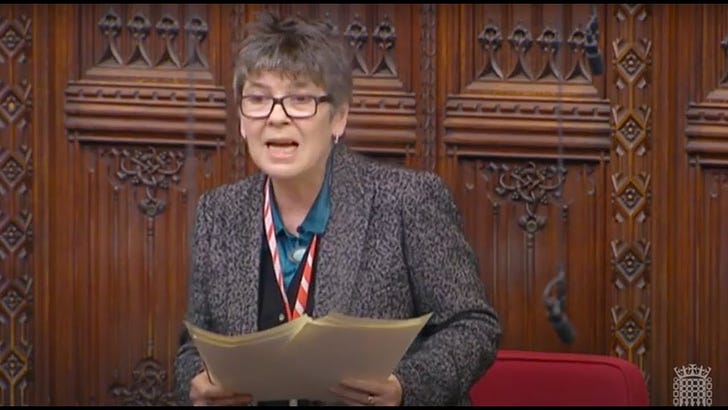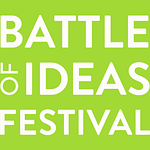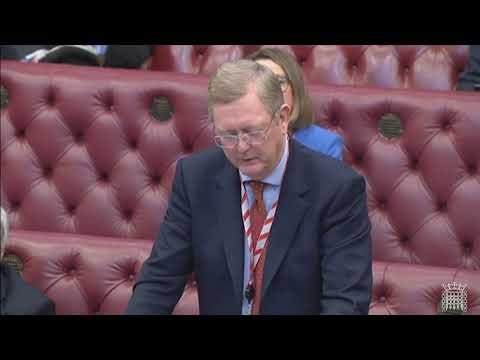Listen to this session from the International Battles strand of the recent Battle of Ideas festival
In the past few years, the Middle East has undergone serious convulsions, from the collapse of Iraq to the Arab Spring, the Syrian war and the Saudi-led bombardment of Yemen. The spread of Islamic State has wiped out one hundred-year-old borders in a matter of months, with large areas of Iraq and Syria now part of those countries only in name. America’s interest and power in the region seems to waning while regional powers such as Saudi Arabia, Turkey and Iran are becoming more assertive.
A bewildering number of alliances and counter-alliances seem to be in play in which religious affiliations, local political grievances and powerful external players meet in a maelstrom. The Gulf states intervene against and for Sunni jihadists depending upon which state one looks at; America supports Iranian-backed militias in Iraq while backing Saudi-led airstrikes against Shia groups in Yemen; in Syria, America and its Arab allies are supporting Islamist groups against Assad, who is still supported by Iran and its Lebanese proxy Hezbollah. The US and Iran appear to have reached a historic agreement on Iran’s nuclear energy programme, just as US-Israel relations turn increasingly fractious; indeed, Israel is closer to Saudi Arabia when it comes to the nuclear deal, albeit for very different reasons.
The Arab Spring was supposed to mean the end of tyranny and the rise of democracies across the region. Instead, states are imploding. Was this inevitable, or is there still hope for peace and democracy within the existing borders of countries like Syria and Iraq? Would their break-up mean anarchy or a new order based on more meaningful religious and ethnic identities? And while the Western powers were long considered the puppet masters of the Middle East, are the strings now in the hands of regional powers? Does the West even have a sense of its strategic interests in the region, or is it stuck in the past, supporting the wrong allies and condemning the region to years of chaos? What do the confusing alliances and counter-alliances tell us? And what future is there for the people of the Middle East?
Speakers Gilbert Achcar professor of development studies and international relations; chair of Centre for Palestine Studies, SOAS, University of London
Rosemary Hollis professor of international politics and director of the Olive Tree Programme, City University London
Dr Tara McCormack lecturer in international politics, University of Leicester; author, Critique, Security and Power: the political limits to emancipatory approaches
Karl Sharro architect; writer; Middle East commentator; co-author, Manifesto: Towards a New Humanism in Architecture
Chair Joel Cohen judges co-ordinator, Debating Matters; freelance writer














#BattleFest2015: Shifting sands - understanding the Middle East today